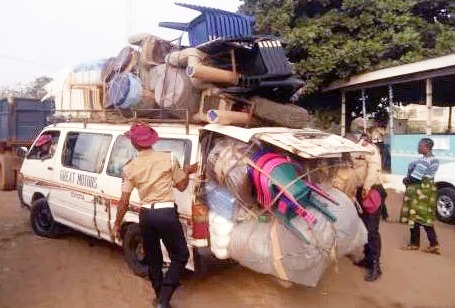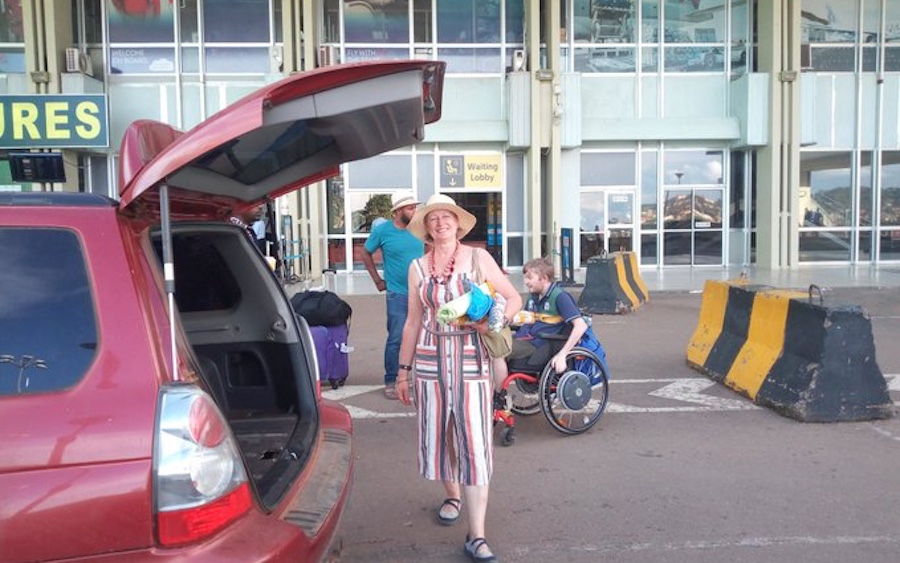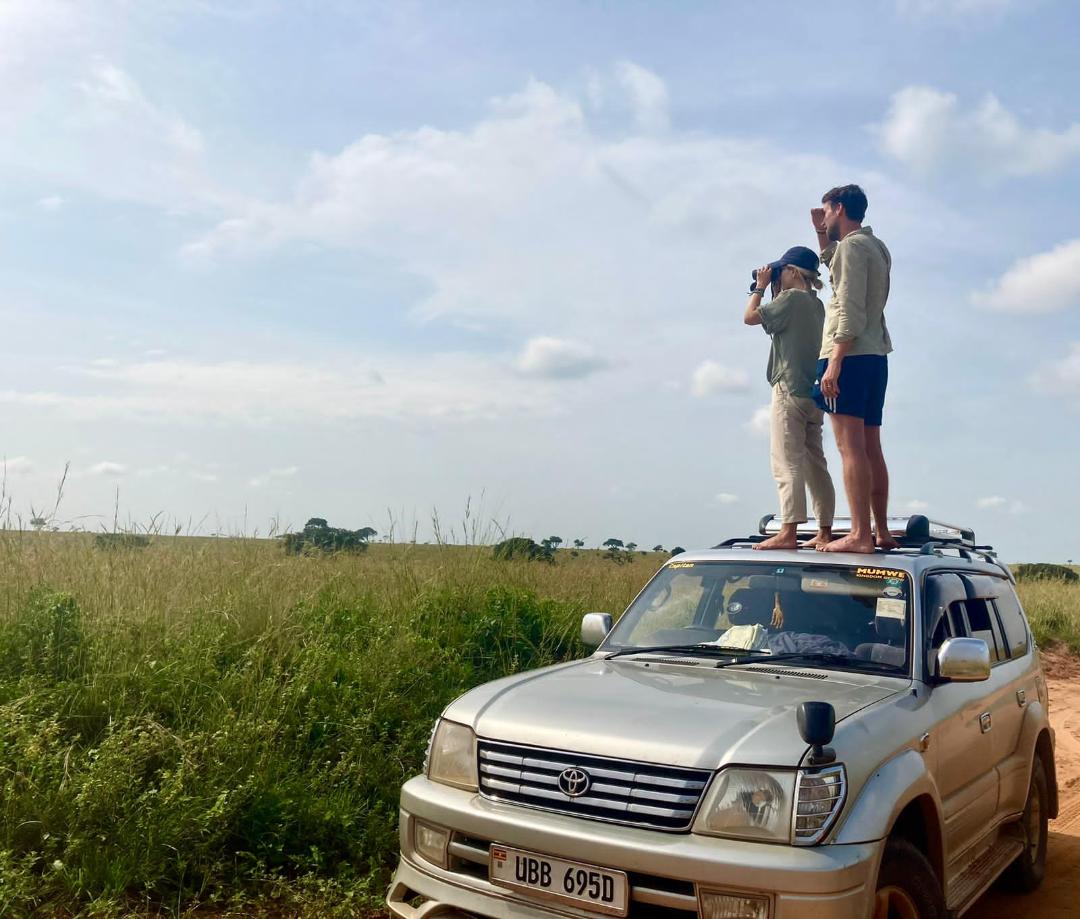
The Essential Packing List for a Uganda Self Drive Road Trip
Embarking on a self-drive safari in Uganda requires strategic packing that balances comfort, safety, and practicality. From the misty mountains of Bwindi to the vast savannas of Queen Elizabeth National Park, Uganda’s diverse landscapes and climates demand versatile preparation. The key lies in packing smart essentials while remaining prepared for unexpected challenges that make road trips through the Pearl of Africa so memorable.
Vehicle-Specific Equipment
Your vehicle becomes your lifeline during a Ugandan road trip, making automotive supplies absolutely critical. Pack at least two spare tires, as acacia thorns and rough roads frequently cause punctures. Include a comprehensive tire repair kit with patches, tire sealant, and a reliable pump or compressor that connects to your vehicle’s power outlet.
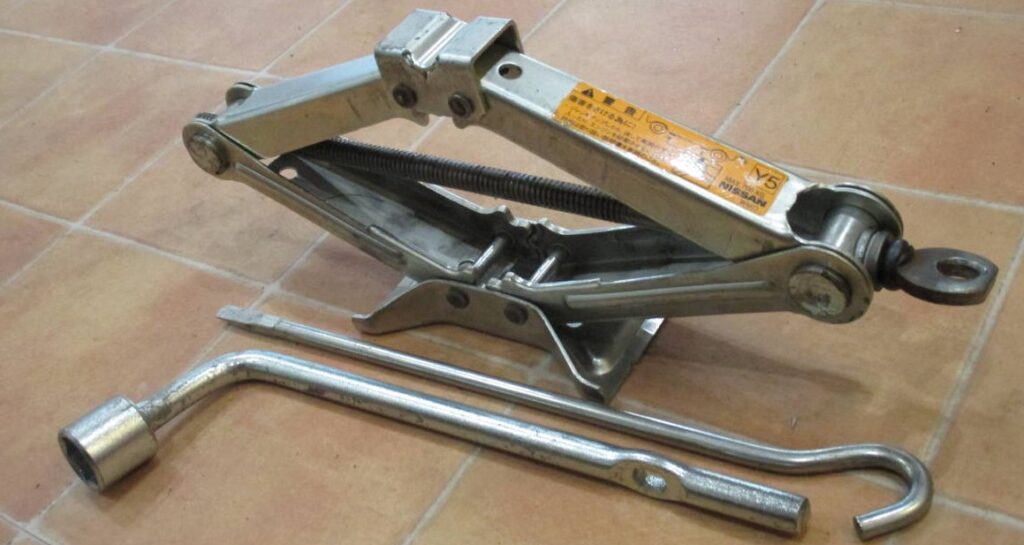
Essential tools should include jumper cables, basic wrenches, screwdrivers, duct tape, and cable ties for emergency repairs. A sturdy jack and wheel brace are mandatory, along with a tow rope or recovery straps for situations where your vehicle gets stuck in mud or sand. Carry extra engine oil, coolant, and windshield washer fluid, as these items can be expensive or unavailable in remote areas.
Don’t forget practical accessories like a reliable flashlight with extra batteries, reflective triangles for roadside emergencies, and a first aid kit specifically designed for automotive incidents. A portable air compressor can be invaluable for adjusting tire pressure when transitioning between different road surfaces.
Climate-Appropriate Clothing
Uganda’s equatorial location creates year-round warm temperatures, but altitude variations mean you’ll experience everything from tropical heat to surprisingly cool mountain conditions. Pack lightweight, breathable clothing in neutral colors that won’t attract tsetse flies or show dust easily. Long-sleeved shirts and pants are essential for protection against insects and sun exposure during game drives.
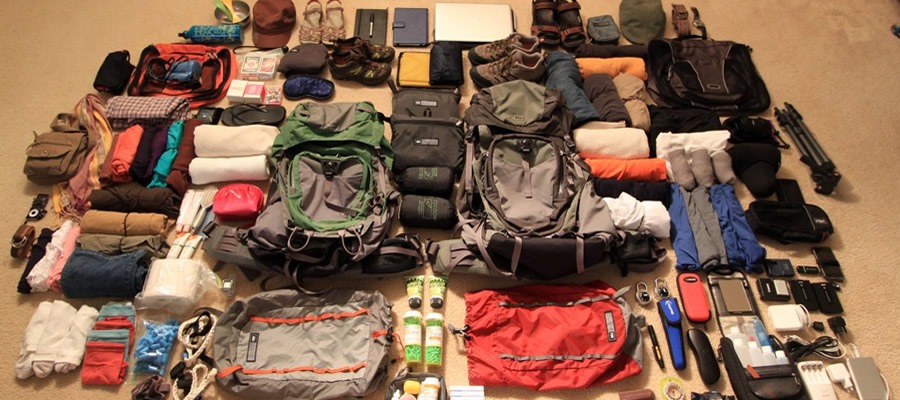
Include a warm jacket or fleece for early morning game drives and higher altitude locations like Bwindi Impenetrable Forest, where temperatures can drop significantly. Waterproof rain gear is crucial regardless of travel season, as afternoon showers can occur unexpectedly and intensely.
Sturdy hiking boots with good ankle support are necessary for gorilla trekking and nature walks, while comfortable closed-toe shoes work well for general travel. Flip-flops or sandals are useful for lodge stays and river crossings. Pack moisture-wicking socks and underwear to stay comfortable in humid conditions.
Health and Safety Essentials
Uganda’s remote locations make comprehensive medical preparation vital. Beyond basic first aid supplies, pack prescription medications with extra quantities in original containers. Include broad-spectrum antibiotics, anti-diarrheal medication, pain relievers, and antimalarial drugs as recommended by your healthcare provider.

Water purification is crucial for road trip safety. Pack water purification tablets, a portable water filter, or UV sterilization device. While bottled water is widely available in towns, remote areas may require alternative water sources. Oral rehydration salts can be lifesaving if dehydration occurs.
Insect protection deserves special attention in Uganda’s tropical environment. Pack DEET-based repellent, permethrin-treated clothing, and a bed net for accommodations without proper screening. Sunscreen with high SPF protection is essential at Uganda’s high altitude and intense equatorial sun.
Technology and Communication
Reliable communication equipment can transform challenging situations into manageable inconveniences. A satellite communicator or GPS messenger provides emergency communication beyond cell tower coverage. Portable power banks and solar chargers keep devices functional during extended periods without reliable electricity.
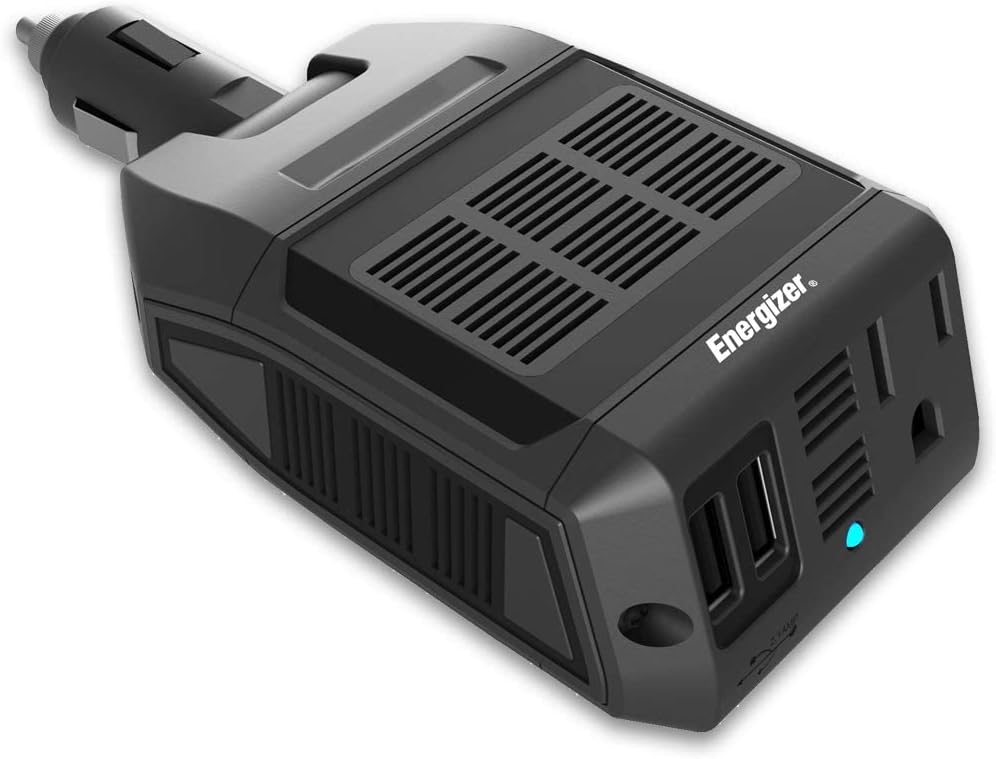
Download offline maps before departing urban areas with good connectivity. Consider purchasing local SIM cards from MTN or Airtel for better coverage and reasonable data rates. A portable WiFi hotspot can provide backup internet access for multiple devices.
Pack universal power adapters, as Uganda uses Type G outlets (same as UK). Include extra charging cables and consider a 12V car adapter for charging devices while driving. A headlamp leaves hands free for vehicle maintenance or evening activities around camps.
Food and Water Provisions

While Uganda offers excellent local cuisine, remote areas may have limited food options that suit all dietary preferences. Pack non-perishable snacks like nuts, dried fruits, energy bars, and crackers for long driving days between towns. Instant coffee, tea bags, and electrolyte powder enhance roadside breaks and early morning starts.
Carry a substantial water supply, planning for at least 4 liters per person per day in hot conditions. Collapsible water containers save space when empty but provide emergency capacity. A small camping stove with fuel allows basic meal preparation and hot beverage making, particularly valuable during cold mountain mornings.
Personal and Comfort Items
Uganda’s dusty roads and humid climate make personal hygiene items particularly important during a self drive trip. Pack wet wipes, hand sanitizer, and biodegradable soap for quick cleanups when proper facilities aren’t available. Include toilet paper, as many public facilities lack adequate supplies.
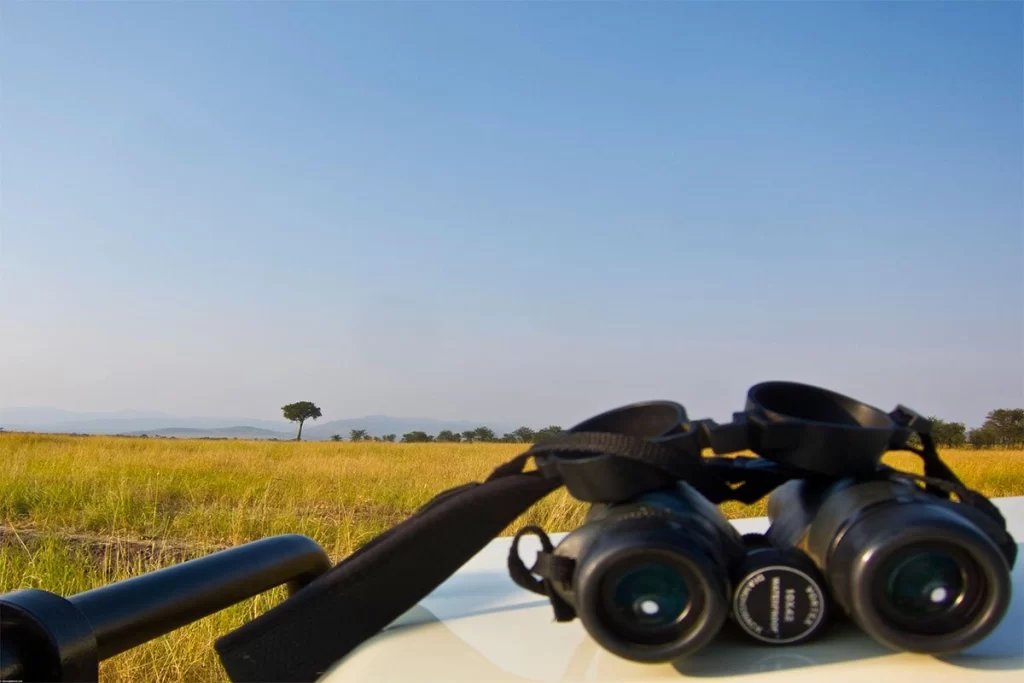
A good quality camera with extra batteries and memory cards captures incredible wildlife encounters and scenic landscapes. Binoculars enhance wildlife viewing experiences significantly. Pack a comfortable pillow for better sleep in various accommodation types, and consider a lightweight camping chair for roadside breaks and scenic viewpoints.
Documentation and Money
Keep important documents in waterproof containers with multiple copies stored separately. This includes passports, driving licenses, vehicle documentation, insurance papers, and vaccination certificates. Park entry permits and accommodation confirmations should be easily accessible.
Carry cash in small denominations, as many rural areas operate on cash-only basis. US dollars are widely accepted for park fees and upscale accommodations, while Ugandan shillings are necessary for fuel, food, and local services. A hidden money belt provides security for large amounts.
Conclusion
Successful packing for a Uganda self drive road trip balances thorough preparation with practical weight limitations. Focus on versatile items that serve multiple purposes, and remember that Uganda’s friendly people often help solve unexpected challenges with local solutions. The goal is feeling confident and prepared while remaining flexible enough to embrace the spontaneous adventures that make Ugandan road trips truly unforgettable.
With thoughtful packing and an adventurous spirit, you’ll be ready to explore one of Africa’s most diverse and welcoming countries. To book a self drive rental car in Uganda today- simply contact us now by sending an email to info@rentadriveruganda.com or call us now on +256-700135510 to speak with reservations team.

